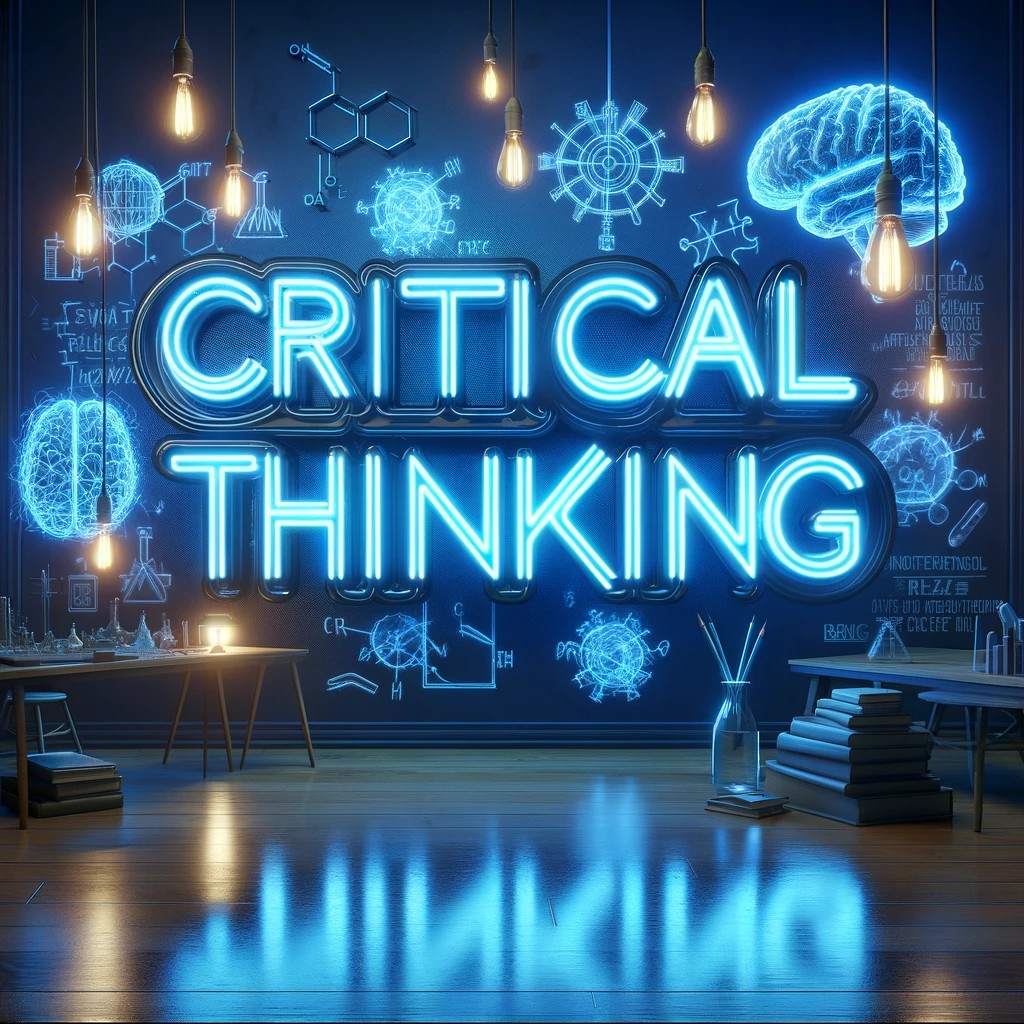Exposing False Opinions with Facts: A Strategy to Eliminate Debates
In today’s information-rich society, distinguishing fact from opinion can be challenging. Misunderstandings and debates often arise from false opinions that are not backed by solid evidence. This blog post presents a strategy for exposing false opinions using identified facts, eliminating debates through deductive reasoning and collective compilation of identifiable information. The Importance of Facts in … Read more

